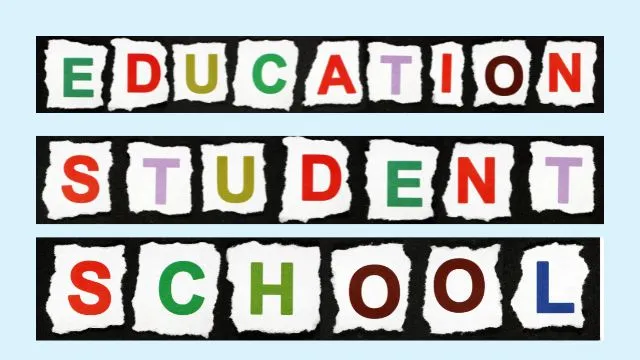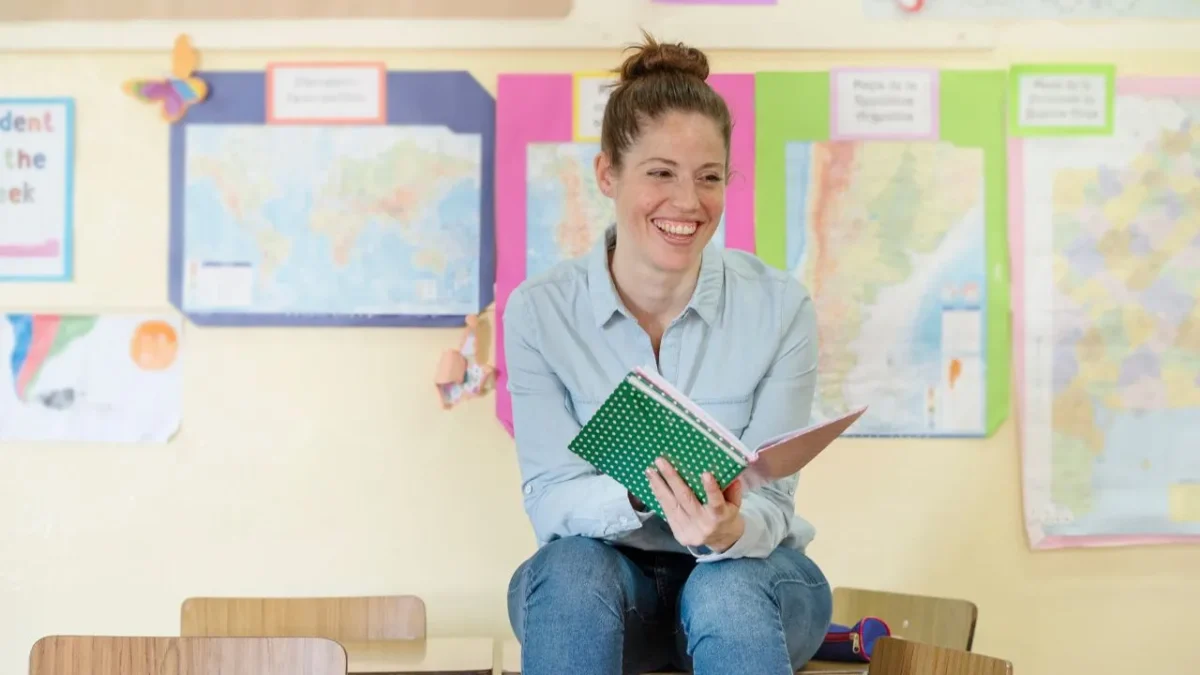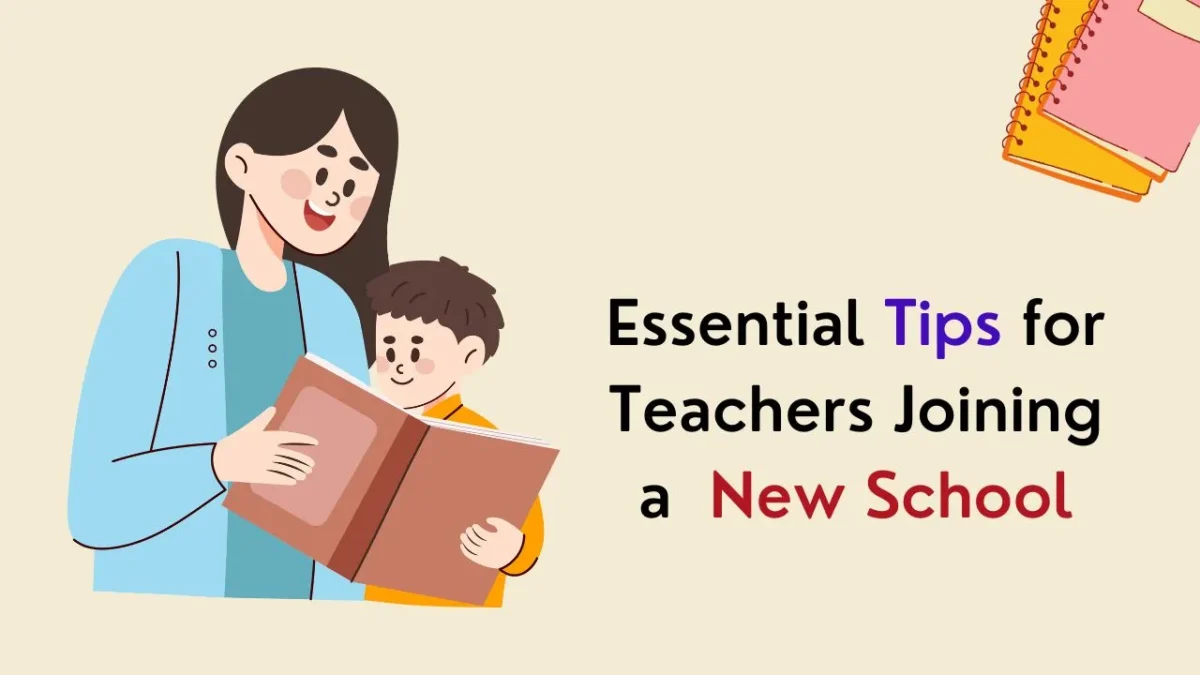20 Essential Questions for Schools to Enhance Understanding and Support for Children
Enhancing Understanding and Collaboration: 20 Questions for Schools and Parents
Key Questions for Schools and Parents: Schools are playing a very important role in the all over development of the child. Effective communication between schools and parents is much important exercise for the overall development of children.
To foster a strong partnership, schools can ask parents key questions that shed light on various aspects of their child’s life.
Now we will Discover 20 essential questions for schools to ask parents, aimed at enhancing understanding, collaboration, and support for the well-being and academic success of children.
Foster a strong partnership between schools and parents to create a conducive learning environment.
Creating a Conducive Learning Environment: Important Questions for Schools and Parents

How would you describe your kid’s interests and hobbies?
Understanding a child’s interests helps schools tailor their approach and encourage active engagement.
Are there any special talents or skills your child possesses?
Discovering unique abilities enables schools to provide appropriate opportunities for nurturing and showcasing these talents.
What are your Kid’s strengths and weaknesses?
Identifying strengths allows schools to leverage them for academic and personal growth while addressing weaknesses helps in providing targeted support.
How does your child handle stress or challenging situations?
Knowing a child’s coping mechanisms helps schools create a supportive environment and teach valuable stress management skills.
Are there any specific learning difficulties or disabilities your child may have?
Awareness of learning difficulties allows schools to implement appropriate strategies and accommodations to ensure equal educational opportunities.
What are your core expectations and goals for your child’s education?
Understanding parental expectations helps schools align their efforts with the desired outcomes and maintain open lines of communication.
How involved would you like to be in your child’s education?
Determining parental involvement levels helps schools engage parents effectively through various activities and initiatives.
What are your child’s preferred learning styles?
Recognizing a child’s learning preferences assists schools in creating personalized learning experiences that cater to their individual needs.
How does your child respond to discipline and authority?
Knowing a child’s behavior patterns helps schools establish consistent disciplinary approaches and maintain a positive learning environment.
Are there any cultural or religious customs that could influence your child’s education?
Being aware of cultural or religious considerations allows schools to respect and accommodate diverse backgrounds and beliefs.
Does your kid have any specific health concerns or allergies?
Awareness of health concerns enables schools to provide a safe environment and take necessary precautions when required.
How would you like to be involved in school activities or committees?
The Parents’ involvement in school activities, fosters a sense of community togetherness and strengthens the school and parents’ strong partnership.
What are your child’s preferred methods of communication?
Tailoring communication channels to meet parental preferences ensures effective and timely information sharing.
How do you handle homework and study routines at home?
Understanding the home environment helps schools provide guidance and support for establishing effective study habits.
Are there any external factors that might impact your kid’s academic performance?
Being aware of external influences, such as family dynamics or personal circumstances, allows schools to provide the necessary support when needed.
How can we collaborate to support your child’s social and emotional development?
Building a strong partnership between schools and parents contributes to a kid’s social and emotional well-being, promoting holistic growth.
What strategies do you use to motivate and encourage your Kid at home?
Sharing motivational techniques helps schools align their approach and reinforce positive reinforcement strategies.
Would you like your kid to participate in any specific after-school activities or programs?
Incorporating parents’ preferences for extracurricular activities allows schools to provide a well-rounded educational experience that caters to the child’s interests and passions.
How do you handle screen time and technology use at home?
Understanding the approach to screen time and technology helps schools promote responsible digital citizenship and establish guidelines for classroom technology use.
Building Strong School-Parent Partnerships: Discover 20 Essential Questions
Effective communication between schools and parents is Important component for a kid’s educational journey. By asking these 20 important questions, schools can gain valuable insights into a kid’s interests, strengths, challenges, and overall well-being.
When parents actively participate in their kid’s education, schools can customize their approach, offer suitable support, and create a cooperative environment that enhances the Kid’s academic achievements and overall growth.
By involving parents, schools can form a strong partnership that greatly influences the child’s educational journey and prepares them for a successful future.
Read These Posts Too:
- 5 Simple Ways to Teach Kids to Calm Down
- 8 Tips to Make Your Kids Polite and Calm
- Article: Effectiveness of Games in Education
- Importance and Benefits of Morning Assembly in School
CBSE Sample Papers | CBSE Circulars | Quizzes | Study Material
Join our Premium Telegram and Whatsapp Channel for More News and Updates.
For the Latest Educational News (CBSE, ICSE, and State Board News) and live news updates, like us on Facebook or follow us on Twitter and Join our Premium Telegram Channel. Read more on Latest Exams & Results News on Shikshapress.com.






